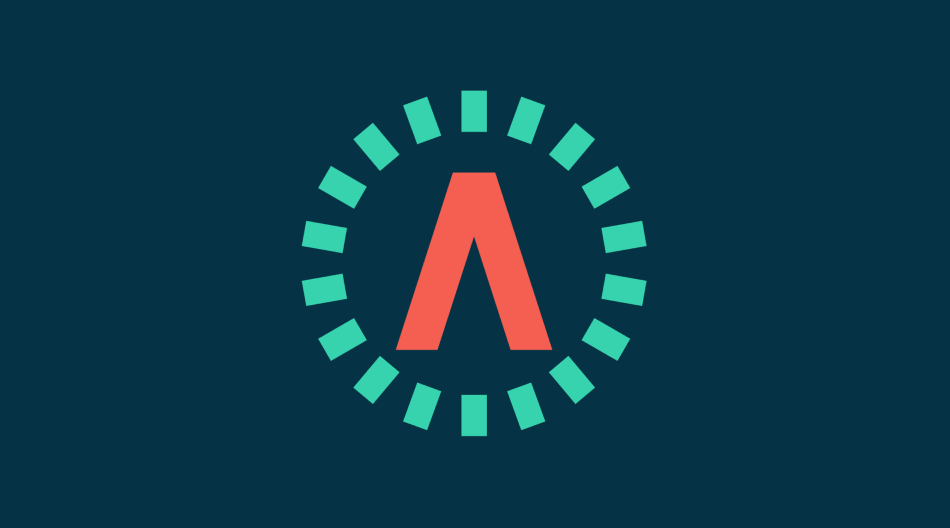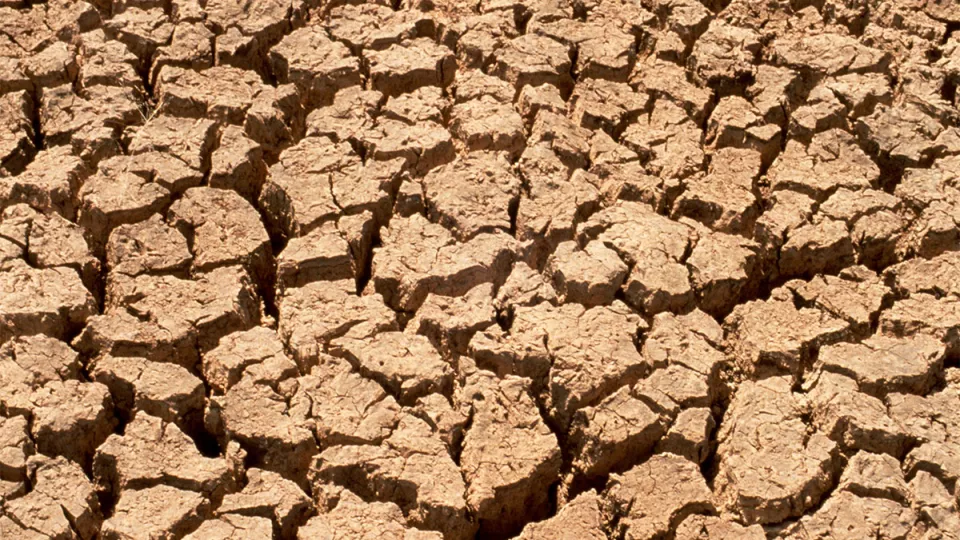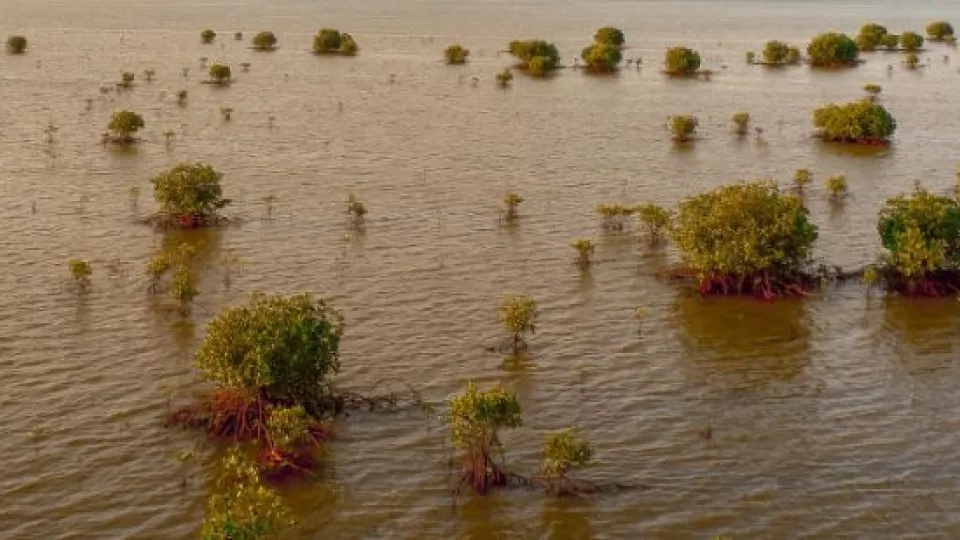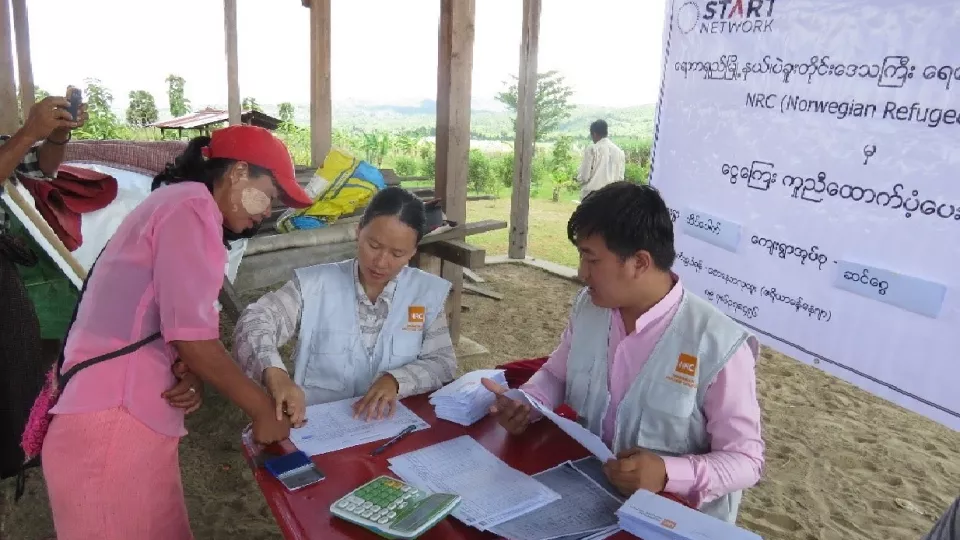News and blogs
Start Network has today signalled its commitment to help millions of people become more resilient to climate-related crises by strengthening early humanitarian financing and action.
Start Network has today confirmed that the biggest ever funding allocation to civil society for early humanitarian action has been announced. The money will enable aid agencies to offer life-saving support to people before an oncoming drought in…
Start Network's new paper published today calls for better coordination on pre-emptive humanitarian financing, to avoid the ‘missed opportunity’ to save lives, cut the costs of emergency response, and build more resilient communities.
Torrential rains during Myanmar’s monsoon season caused the Laymyo River banks to burst and overflow causing widespread damage to homes and infrastructure. The Start Fund was activated, awarding funding to three agencies for a rapid response.
July saw 7 alerts activated, with over £1,000,000 being disbursed for rapids reponses to crises in the month.
Enabling a Start Network member with presence in Yemen to respond to flooding has become the focus of the 350th alert by the Start Fund.
World Humanitarian Day 2019 honours the role of women working within aid. In this piece we hear from Start Fund MEAL Manager, Chaitali, and her thoughts around women in crises and the upcoming Start Fund gender review.
World Humanitarian Day; a day to tribute countless aid workers across the humanitarian sector who despite the risks they face, help millions of people recover from crises.
Every Start Network member that receives funds through the Start Fund answers this question in the reporting template. The feedback is used to gauge the impact of the Start Fund. In 2018, half of the responses to this question mentioned either the…
Aparna Shrivastava from Mercy Corps will represent Start Network in the UN Climate Change Technical Expert Group on Comprehensive Risk Management
Each year the European Civil Protection and Humanitarian Aid Operations office (ECHO) releases the Forgotten Crisis Assessment (FCA) index, which uses four indicators to highlight humanitarian crises where the affected populations either do not…







